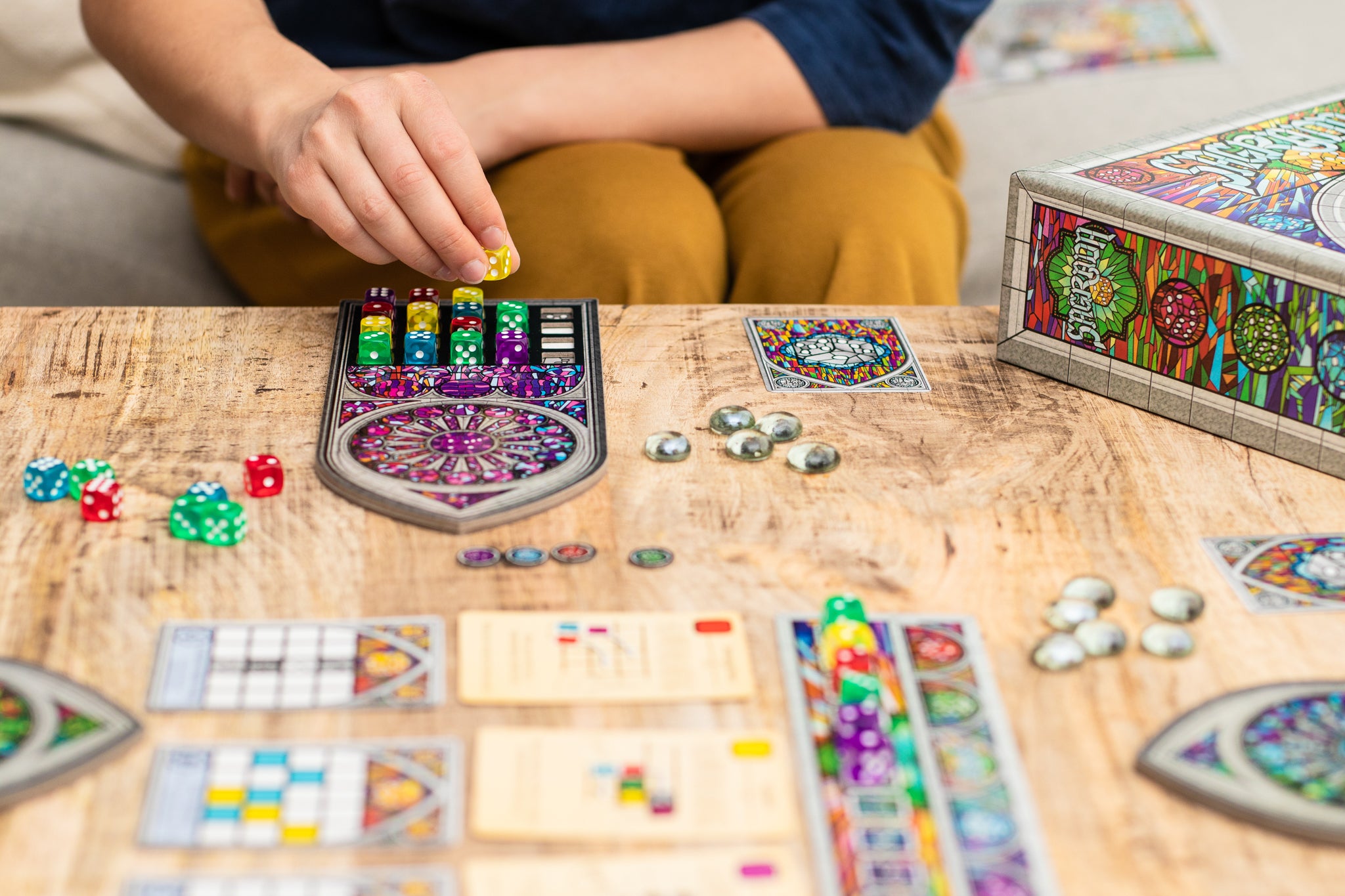Board games are more than just a way to pass the time—they’re powerful tools for learning, problem-solving, and developing critical thinking. From classics like Chess to modern favorites like Catan and Pandemic, board games encourage players to think strategically, plan ahead, and adapt to changing situations. But how exactly do they help sharpen our minds? Let’s explore.
1. Encouraging Strategic Planning
Most board games require players to think several steps ahead. For example, in Catan, you can’t just place your settlements anywhere—you need to plan for resource access and anticipate future trades. This kind of forward-thinking mirrors real-life decision-making, where every choice affects long-term outcomes.
2. Enhancing Problem-Solving Skills
Board games present challenges that force players to analyze situations and find creative solutions. Whether it’s breaking through an opponent’s defense in Chess or preventing global outbreaks in Pandemic, players learn to assess risks and evaluate possible actions before making a move.
3. Teaching Adaptability
No plan is ever foolproof—especially when dice or unexpected cards are involved. Successful players learn to adapt quickly when circumstances change. This flexibility is a vital critical thinking skill that applies well beyond the gaming table.
4. Boosting Logical Thinking
Many strategy-based games are essentially puzzles. Games like Carcassonne or Azul require players to place tiles in ways that maximize points. These mechanics strengthen logical reasoning, as players calculate probabilities and evaluate the best course of action.
5. Improving Patience and Focus
Winning a board game often requires patience, observation, and careful timing. Unlike fast-paced video games, board games reward players who can stay focused, read their opponents, and wait for the right opportunity to strike.
6. Encouraging Collaboration and Communication
Cooperative games like Pandemic or Forbidden Island encourage players to work together, share ideas, and strategize as a team. This develops not only critical thinking but also leadership and communication skills, which are essential in everyday life.
Final Thoughts
Board games may look like simple entertainment, but beneath the fun lies a world of learning. They sharpen strategic thinking, problem-solving, and adaptability—all while bringing people together. So next time you roll the dice or place a tile, remember: you’re not just playing, you’re training your brain.

